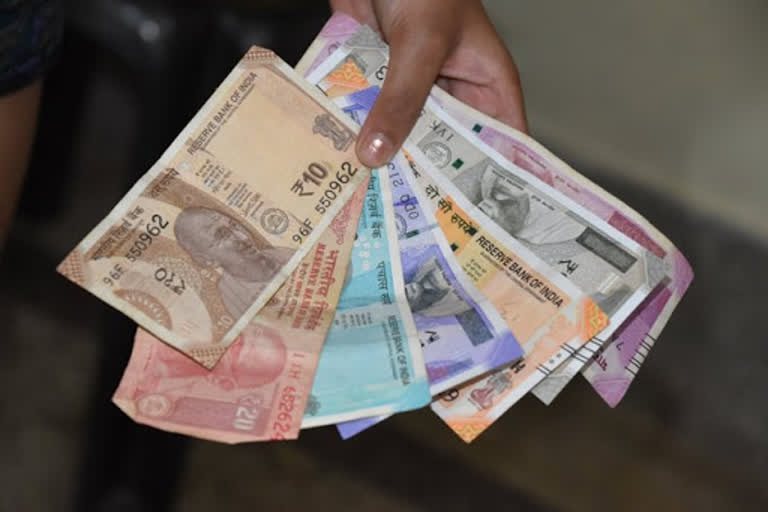Mumbai:The risks of a large fiscal slippage in the current year are expected to be addressed through larger non-tax revenues and the savings on interest expenses, ratings and research firm Acuite said, adding therefore, fiscal deficit in the current fiscal may remain limited to 3.5-3.6 per cent moderately higher by 0.2-0.3 per cent over the budgeted levels.
Additional non-tax revenues, particularly disinvestment profits, can be a key driver Acuite Ratings believes that there is still a significant scope to limit India's fiscal deficit to 3.5-3.6 per cent, if the government gives high priority to disinvestment and there is a sustainable revival in consumption and market sentiment, expected to be brought in by the sharp cut in corporate taxes up to 10 per cent, over the next two quarters.
The government is already working on the disinvestment of a few large public sector companies and if the equity markets respond well to the efforts made to revive economic growth, the government may succeed in exceeding the disinvestment target of Rs 1.05 lakh crore, said the report.
Acuite's analysis further suggests that over and above the use of the escape clause under the FRBM Act, which permits an additional 0.2 per cent slippage, any sharp increase in the fiscal deficit triggered by the liberal corporate tax cuts can be offset by the special dividend from RBI, additional non-tax revenues brought about by the cuts and a likely reduction in interest obligations due to larger rate reductions by RBI than expected in the budgetary figures.
Surely, the cut in base corporate taxes from 30 per cent to 22 per cent for existing companies and for new manufacturing companies at 15 per cent is expected to spur a revival in the economy, which has recorded one of the slowest rates of growth over 20 years in Q1FY20, it added.
Acuite Ratings said the corporate tax rationalization measures along with the ongoing accommodative monetary policy of RBI should help to boost corporate savings and translate into higher demand as also a pickup in private sector investments over the medium term. However, such economic advantages notwithstanding, the booster package comes at a cost to the fiscal commitments.
While the government has estimated that it will have to forego Rs 1.45 lakh crore of tax revenues, the actual shortfall may be even higher in the context of weaker consumption and lower indirect tax revenues than the budgeted figures. The market, therefore, anticipates a significant slippage in the fiscal deficit from the proposed 3.3 per cent to a figure closer to 4.0 per cent, the report pointed.
